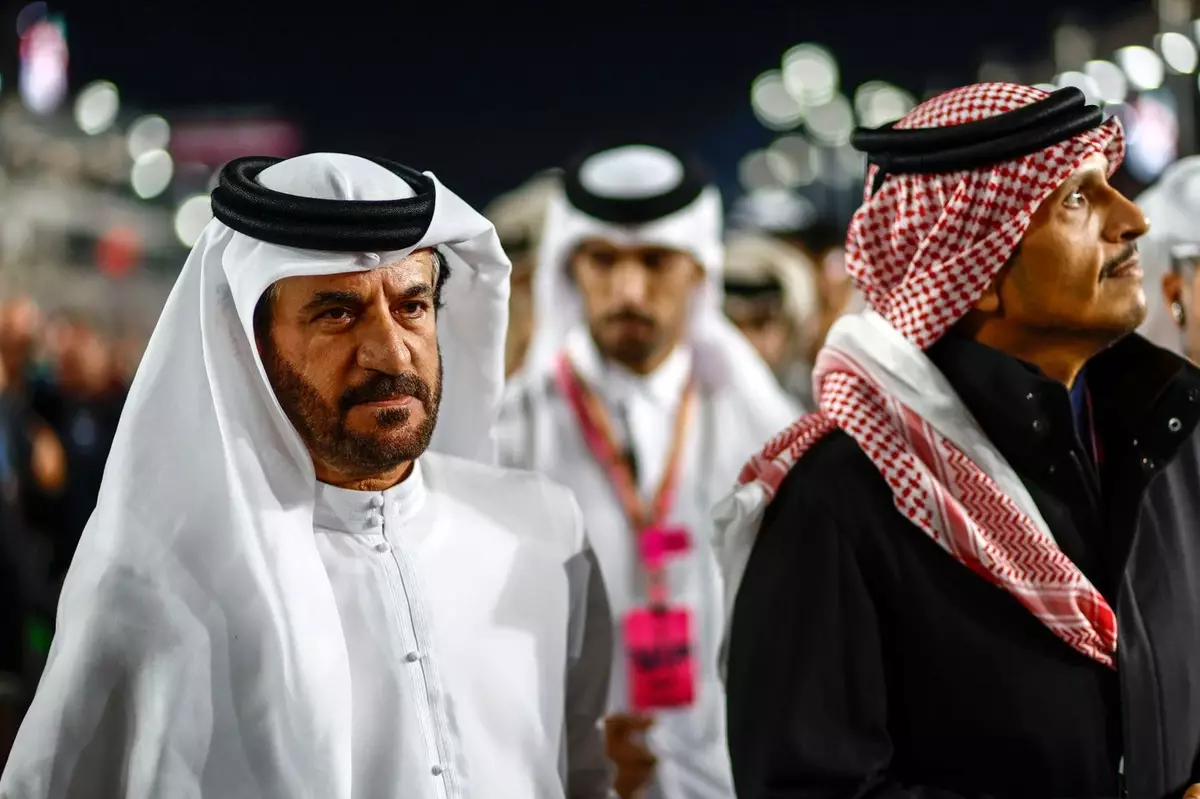The FIA, or the Fédération Internationale de l’Automobile, recently undertook significant transformations to its governance structure during the General Assembly in Rwanda. These alterations primarily affect the operational frameworks of both the ethics and audit committees, reshaping the authority dynamics within the organization. While intended to streamline the processes, these changes have sparked a noteworthy debate among stakeholders, particularly concerning the balance of power and accountability in motorsport governance.
One of the pivotal changes enacted involves the compliance officer’s role, transferring substantial influence to the FIA president and the president of the senate. This modification effectively weakens the independence of the audit committee, which is now relegated to acting solely at the request of the senate president rather than exercising autonomous investigative authority. This reallocation of power raises critical questions about transparency and the checks and balances necessary in a governing body tasked with upholding ethical standards in motorsport.
Such centralization of authority could pave the way for potential conflicts of interest and decrease accountability within the FIA. The intention behind these changes, according to the FIA, is multifaceted—primarily aimed at curbing unauthorized media leaks and preserving the integrity of sensitive investigations. However, critics argue that limiting the audit committee’s power inhibits thorough oversight indispensable for safeguarding the FIA’s operational integrity.
Another significant dimension of these amendments relates to the ethics committee. The FIA asserts that the restructuring aims to enhance the committee’s independence by diminishing administrative interference. While this appears beneficial on the surface, the reality may be more complex. By shifting the reporting matrix to include both the FIA president and the senate president, the potential for political maneuvering increases, possibly undermining the ethics committee’s ability to operate impartially.
Moreover, the decision to restrict the distribution of ethics committee reports in response to media leaks raises concerns about transparency versus confidentiality. While one can appreciate the need to protect sensitive information, excessive limitations could hinder the establishment of trust among FIA stakeholders, including teams and drivers. A governance model that prioritizes openness is crucial for addressing potential misconduct effectively and ensuring that all parties feel represented and safe to voice concerns.
The recent changes have met with discontent from prominent figures within the motorsport community, illustrating a broader apprehension regarding the potential implications for governance and accountability. David Richards and Oliver Schmerold have been vocal in their critique, emphasizing that stripping autonomy away from the audit committee detracts from the FIA’s ability to uphold robust standards.
As motorsport evolves, the need for stringent accountability mechanisms has become increasingly clear. The FIA’s decisions seem to lean towards consolidating governance while simultaneously diminishing pathways for impactful oversight. Stakeholders are concerned that this may ultimately lead to a governance framework that lacks rigor in addressing issues of misconduct and transparency.
Interestingly, parallel to these governance changes, the FIA has reported a remarkable improvement in its financial stability, with a projected operating surplus of €2.2 million in 2024 following a dire deficit of €24 million in 2021. The organization credits this turnaround to its commitment to reform in governance and financial management. FIA President Mohammed Ben Sulayem’s assertion of prudent financial stewardship presents a paradox; improved finances do not inherently justify the erosion of accountability mechanisms.
The financial recovery is noteworthy, yet it serves as a poignant reminder of the importance of striking a balance between sound governance and fiscal responsibility. Stakeholders must remain vigilant and ensure that success in financial management does not come at the cost of governance integrity.
The recent statutory changes within the FIA indicate a transformative moment for motorsport governance. While modernization and financial stability are worthy pursuits, the method and implications of these changes raise pressing questions about accountability, independence, and transparency in the sport. As the FIA moves forward, it must reconcile these amendments with the fundamental tenets of good governance, ensuring that it remains a trusted guardian of ethics in motorsport. The ongoing dialogue among stakeholders will undoubtedly shape the future trajectory of the FIA, highlighting the critical need for a governance model that is both robust and responsive to the needs of all parties involved.


Leave a Reply